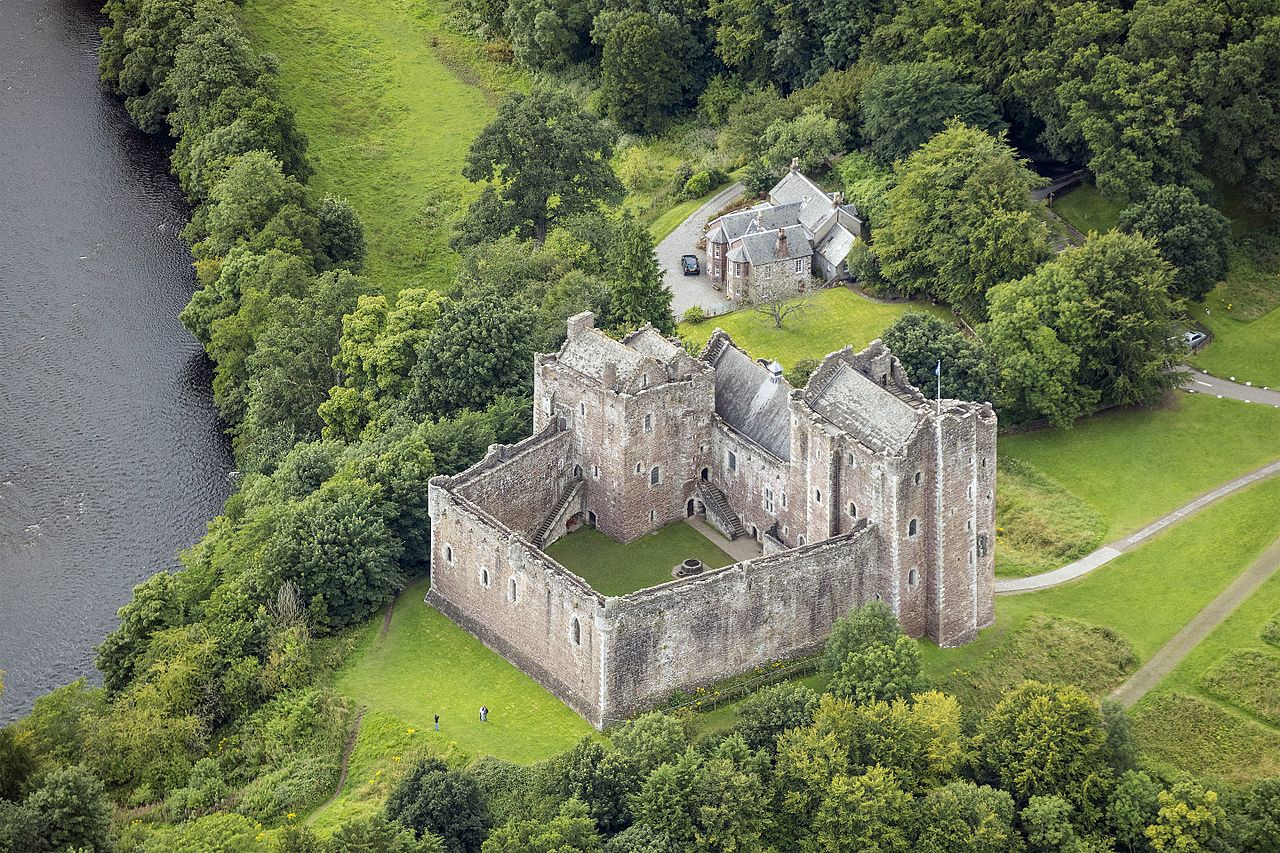 I’ve been interested in Wikimedia projects since taking part in the University of Edinburgh’s Women and Medicine editathon in February 2015, when I wrote an article on the Scottish doctor and women’s medical health campaigner Margaret Ida Balfour. I enjoyed researching her life and achievements and found it immensely rewarding and satisfying to see her page appear on Wikipedia (and at the top of Google search results!).
I’ve been interested in Wikimedia projects since taking part in the University of Edinburgh’s Women and Medicine editathon in February 2015, when I wrote an article on the Scottish doctor and women’s medical health campaigner Margaret Ida Balfour. I enjoyed researching her life and achievements and found it immensely rewarding and satisfying to see her page appear on Wikipedia (and at the top of Google search results!).
Since then, I have gone on to receive training as a Wikimedia Ambassador from Ewan McAndrew, the University of Edinburgh’s Wikimedian in Residence, and led my own small training session for the Library’s Centre for Research Collections staff and volunteers. At the upcoming History of Medicine editathon, I’m exploring Wikimedia projects beyond Wikipedia, starting by testing out Wikisource with one of our recently digitised, out-of-copyright PhD theses.
Hunting citations
However, it’s not just the big, research-heavy element of Wikipedia that interests me; I also like using the Citation Hunt Tool to improve the quality of existing content. The tool provides the user with a paragraph of text from Wikipedia which contains a statement not backed up by reliable evidence (and therefore labelled with the [citation needed] tag). The challenge is to track down a trustworthy source, such as a peer-reviewed journal article or news article from a reputable publication, in order to back up the statement made in the text. It’s very satisfying when you discover an appropriate source and, as the statements can come from anywhere on Wikipedia, it’s easy to end up researching a range of bizarre and random topics.
In one of the examples I’ve worked on, I used a press release from the official San Francisco 49ers website to confirm the statement that American Footballer Justin Renfrow “signed a contract with San Francisco 49ers on May 18, 2015 along with Michigan State’s Mylan Hicks.”

#1Lib#Ref
I first dabbled with this tool last January as part of Wikipedia’s #1lib1ref campaign to mark its 15th birthday. At one of our team meetings, Library staff set about making 32 edits to Wikipedia, some using the Citation Hunt Tool and others using their own knowledge and research. We therefore had a very clear target to beat this year! Wikimedia has added a new feature to the tool, so users can now select citations from a topic of interest, rather than just being provided with a completely random statement from the encyclopaedia. Added to this, many of my colleagues were using the visual editor for the first time and feedback was that this made the whole editing process far easier and more enjoyable.
Despite this, one of the big issues raised by colleagues was how to define exactly what can be considered a reliable source. There is lots of information on Wikipedia’s help pages about this issue but a short one-page guide to using reliable sources would be useful for occasions such as this. I personally got into a spot of bother when I used a source which, although published and available on Google Books, was not considered by the Wikimedia community to be reliable enough…
All in all, library staff and our colleagues from the Learning Teaching and Web division managed a grand total of 63 edits, meaning we almost doubled last year’s effort. There are rumours of a friendly rivalry with our colleagues at the National Library of Scotland… this will certainly encourage me to add a few more citations!
Gavin Willshaw
Digital Curator
Library and University Collections
University of Edinburgh
@gwillshaw



























